Note to NaMo: specially-abled India hopes for inclusive development and stricter implementation of policies
The specially-abled believe the new Narendra Modi government needs to adopt an inclusive mindset beyond infrastructure, and empower people with disabilities to take up leadership roles in every sector.
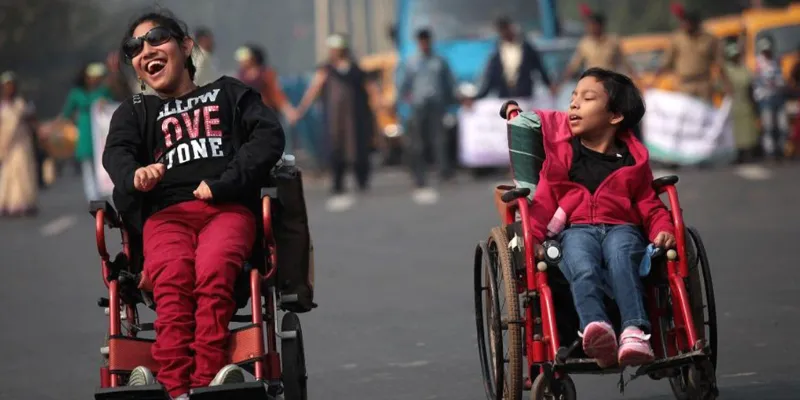
The government needs to go a step ahead and adopt an inclusive mindset beyond just addressing infrastructure needs.
As Prime Minister Narendra Modi and his team take over, close to 70 million people with disability are hoping that the new Indian government will not only be inclusive, but would also proactively implement the polices that advocate accessibility for them.
Arman Ali, Head of National Centre for Promotion of Employment for Disabled People (NCPEDP), tells YourStory:
“The Election Commission took the first step of declaring this election with the theme of ‘Accessible Elections.’ Now the government needs to go a step ahead and adopt an inclusive mindset beyond infrastructure, and empower people with disabilities to take up leadership roles in every sector - from corporates to education, and even political leadership.”
However, despite path-breaking legislations, Arman believes people with disabilities remain excluded from all rights-based discourses, other human rights movements, and mainstream development agenda.
“India has a very strong law and it is a game changer. In the next five years, we need all laws and policies to be brought to conformity with this law - be it in education or transport, and urban development. This will help us build a new India in the true sense,” he adds.
Policy implementation is the key
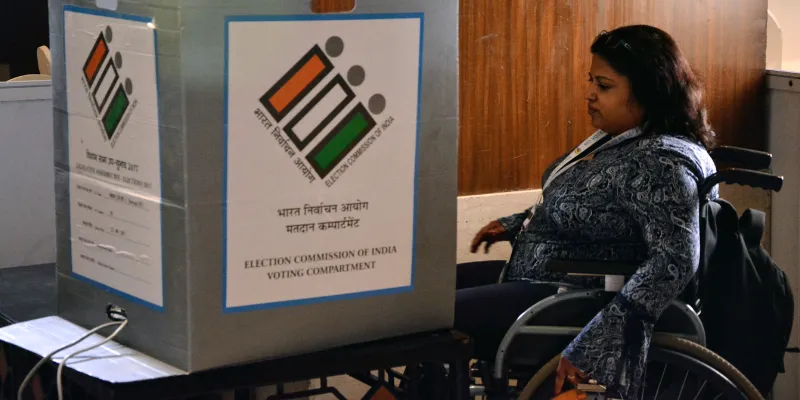
Inclusive infrastructure and development agenda is not for the benefit of just Persons with Disabilities, activists argue.
The passage of the historical Rights of Persons with Disabilities Bill (RPWD), which mandated an increase in job reservations for people with disabilities from three percent to five percent, and increased reservations in higher educational institutions to four percent from the erstwhile three percent in 2016, paved the way for empowerment for people with disabilities.
Yet, a majority of the States have not notified the State Rules to accommodate for the provision mandate in the Act. An audit report by Disability Rights India Foundation, NCPEDP, and National Committee on the Rights of Persons with Disabilities highlights that only Bihar, Chandigarh, Madhya Pradesh, Manipur, Meghalaya, Odisha, Tamil Nadu, Telangana, Uttar Pradesh, and West Bengal have notified the State Rules.
Apra Mathur, a special education and counsellor, says,
“Presently, only four States have appointed a nodal officer in the District Education Office to deal with all matters relating to admission of children with disabilities.”
In 2015, the government launched the Sugamya Bharat, or the Accessible India Campaign, to cater to the needs of the disabled by making public places accessible, sensitising the mainstream society about various disabilities, and launching an online library for the community.
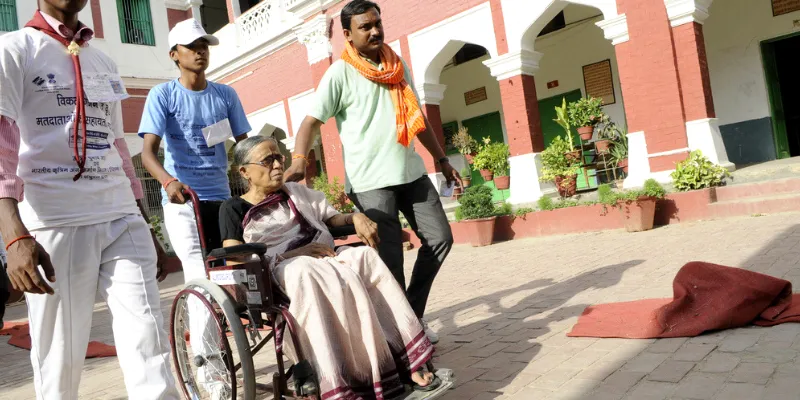
Despite the mandate of making all buildings accessible by 2020, the infrastructure continues to pose a problem for disabled people.
According to the annual report of the Department of Empowerment of Persons with Disabilities (DEPwD), Phase II of the Accessible India mission aimed to "make 50 percent of all government buildings of NCT and all State capitals fully accessible by December 2018”.
However, despite the mandate of making all buildings accessible by 2020, the infrastructure in India continues to pose a problem for the specially-abled community. A report by factly.in revealed that 58 of the 75 selected Central government buildings in 39 cities have been retrofitted as of March 2018; these places are yet to become fully accessible.
“The status of implementation of the RPWD Act, 2016, even after two years of its enactment, is disappointing. Most States do not appear to have even started implementation,” Arman explains.
He recommends that the new government ensure stricter accountability of stakeholders. Relevant quantitative and qualitative data should be collected periodically to measure progress in various aspects in line with the Sustainable Development Goals. Social audits should be undertaken periodically as mandated by the Act, which would help in monitoring progress and in improving the various schemes and programmes.
Need inclusive mindset, beyond reservations
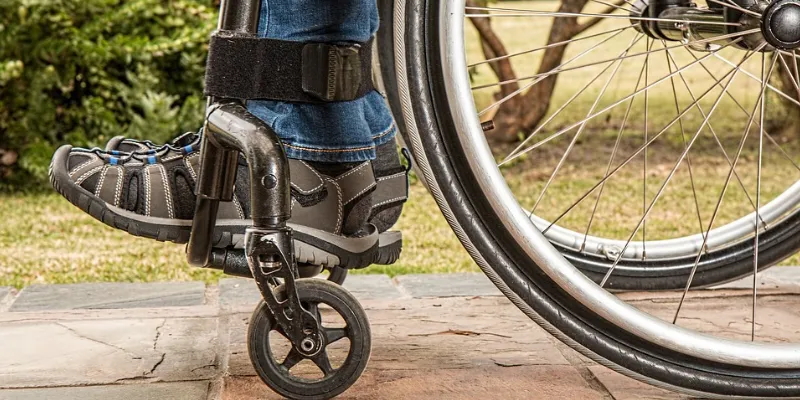
There is a need to stop viewing disability “from a victim’s lens” to see strides made in accessibility and inclusion.
Sanoop Nair, a specially-abled lawyer based in Kerala, advocates for a rights-based approach towards disability, rather than charity and reservations. Society, he explains, has always viewed disability “from a victim’s lens” and they have always “been made to feel accommodated”.
“This needs to change. People with disability are normal people like you and me. Lack of government infrastructure is what makes them dependent. If our roads were more accessible, education more inclusive, buses had space for ramps, railways, and airports had provisions for movement for the specially-abled community with functioning toilets— people will disability would have been empowered to achieve their goals without the need for any kind of reservation or special concession.”
Disability comes with a lot of stigma attached to it, and the differently-abled face many issues in their day-to-day lives. The slurs become more rampant when they try to socialise with people, get access to education institutions, and job opportunities.
Sachin Chamaria, a quadriplegic and a two-time voter, says,
“Inclusive infrastructure and development agenda is not the benefit of just PwDs. Every individual will grow old someday and face physical limitations. Ramps and accessibility will help every Indian, and these facilities will make our democracy an inclusive democracy.”
Hope for a better tomorrow
Despite path-breaking legislations, 70 million persons with disabilities in India remain excluded from all rights-based discourses, other human rights movements, and mainstream development agenda.
Irrespective of the political party, Arman hopes the incoming government and society at large would view persons with disabilities through the lens of their ability, and not disability.
Arman adds, “The entire ecosystem needs to be involved. Change will happen, only when disability is not looked at in isolation; and synergised as part of everything that involves the masses.”


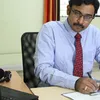

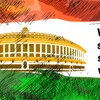
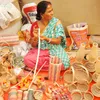




![[App Fridays] On International Yoga Day, try the Down Dog app that claims to offer the best studio-like yoga experience at home](https://images.yourstory.com/cs/2/eab8e580-2d6a-11e9-aa97-9329348d4c3e/landing-device-family1561035364064.jpg?mode=crop&crop=faces&ar=1%3A1&format=auto&w=1920&q=75)